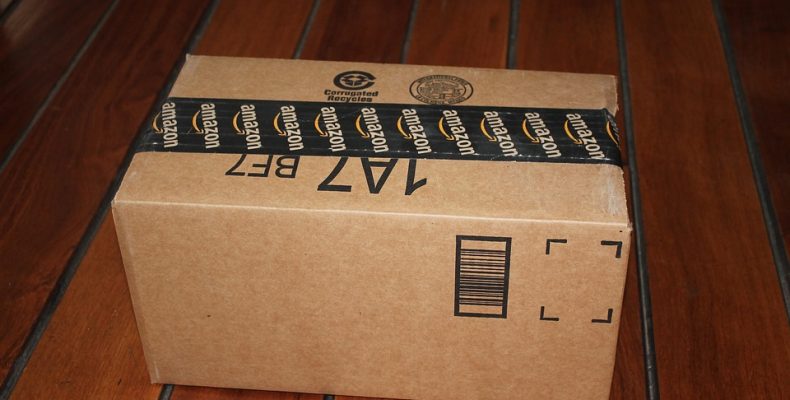
Amazon’s grocery gamble?
Everybody has heard of Amazon, and most have heard of AmazonPrime, and now there is AmazonFresh. AmazonFresh is a dedicated online grocery delivery service which has launched in London to 69 specific postcodes. The provision of fresh goods, with a limited shelf life or the delivery and storage of frozen goods, represent very different sourcing, storage and logistical hurdles for Amazon compared to its traditional offerings of books and CDs. The grocery market is not one which experiences numerous growth avenues but the online grocery market is expected to nearly double in value to £17.2 billion by 2020 (according to the food and grocery research body IGD). Against this backdrop therefore, it is clear to see why Amazon felt that this was a sector they could exploit.
Whilst it is interesting to consider the likely commercial success of AmazonFresh in the UK, my focus as a trade mark attorney, was the decision to extend this new and potentially riskier offering under the Amazon brand.
On the one hand, this is not a totally new venture for Amazon as this service has already been offered in the US. However, despite being in existence for more than 8 years the company accounts show a limited market penetration accounting for less than 1% of the overall grocery spend (source analyst Conlumino). The US is of course huge and the geographic expansion has been slow, the delivery service is only available in a number of cities such as Seattle, San Francisco, Los Angeles, New York, San Diego and Philadelphia. Expansion in the UK could be faster, we are far smaller which should make some of the logistics easier and so it is interesting that the risk is still being tightly managed by the phased postcode introduction. I would suggest that is not just limiting the risk associated with the service itself but also managing the risk of any potential damage to the Amazon brand.
The decision to call the new service offering AmazonFresh, allows the equity in the existing Amazon brand to be exploited. It creates an automatic and immediate connection with the positive experience many customers can associate with the existing Amazon.co.uk platform and consequently, is likely to encourage them to try AmazonFresh and give them confidence in the service. But if the online delivery service fails for whatever reason or does not meet consumer expectations, could this tarnish the reputation of Amazon as a whole?
It is interesting that only a select number of companies choose to operate under a single brand for all diversified offerings, with Virgin being a prime example. Virgin operates in various sectors from the travel, leisure and health sectors, to entertainment and financial services. Sir Richard Branson has made a fortune from ventures which bear the Virgin brand; Virgin Trains and Virgin Media for example. There have also been hefty losses though, think Virgin Cola, Virgin Vie the cosmetic venture and Virgin Brides. The Virgin brand reportedly has a 99% brand recognition in the UK, 96% and 97% respectively in the US and Australia (source; www.virgin.com). Perhaps Virgin has reached such heights that even when it is not successful, the integrity of the brand does not appear to be dented.
So is the decision to extend the Amazon offering a clear sign of confidence in the future success and uptake of AmazonFresh? If Amazon was in any way uncertain as to the success of the service offering, any potential damage to the brand could have been removed, not just mitigated, by offering the online grocery service under a distinctly separate brand. No doubt this will have been considered, but undoubtedly in my opinion, the uptake of AmazonFresh, will be higher due to the prominence and familiarity that we all have with the Amazon brand. The bottom line is that it was worth the commercial risk to fast track the market entry and uptake of the online delivery service.



